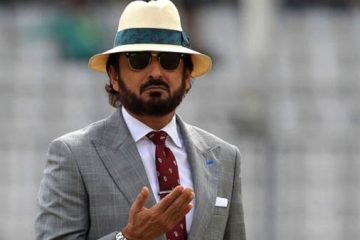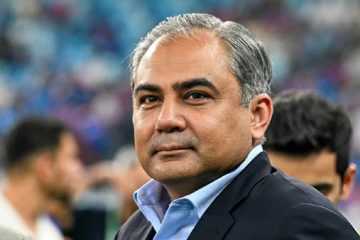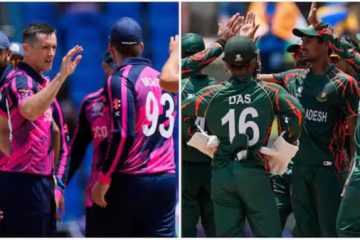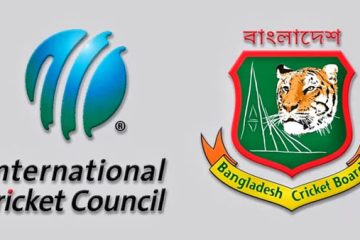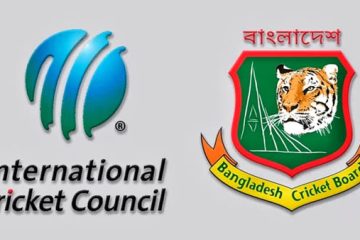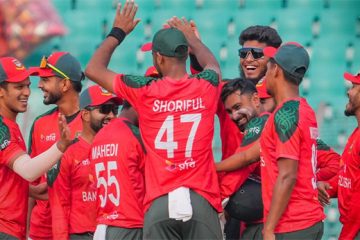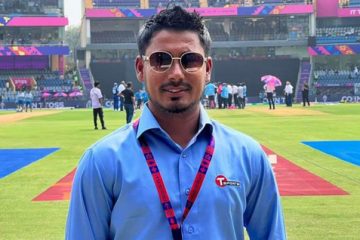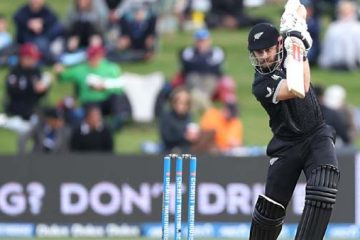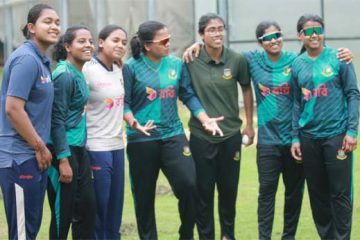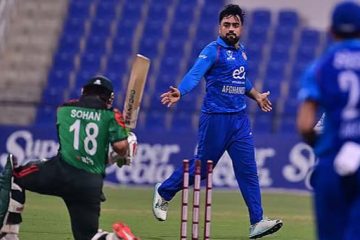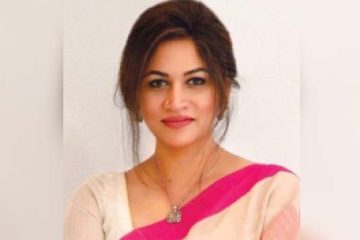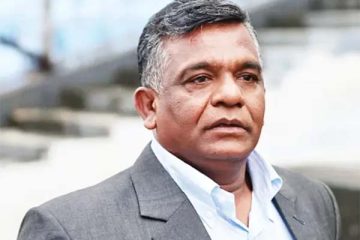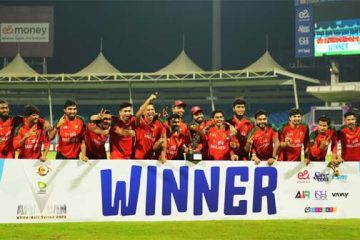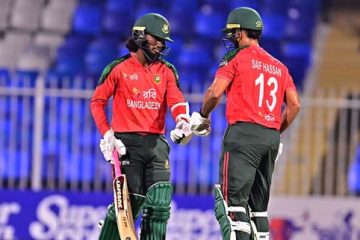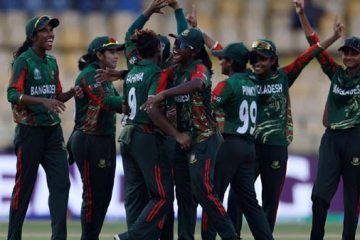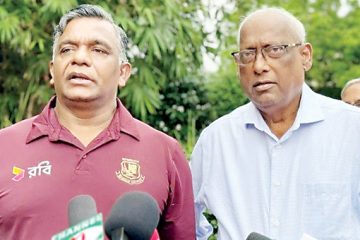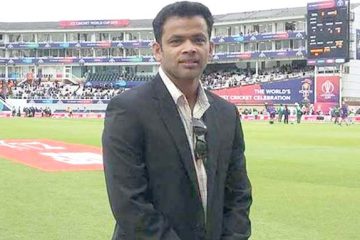The second edition of Bangladesh Cricket Board’s High Performance Programme ended in August with no proper structure in place to assess the growth of the players, raising doubts over the effectiveness of the progarmme. Independent analysts said that the present HP programme is system-laid-approach that is far from winning-focused-approach, adopted by some other countries as it is believed to be more effective.
BCB resumed the $1million HP programme in 2015 after a long gap with an aim to put more players in the pipeline for the national cricket team.
However, it failed to provide the players with an opportunity to showcase their talent against any worthy international opponent in successive seasons, leaving the concerned coaches in doubt over the success.
BCB game development manager Nazmul Abedin said that they would consider the timing of programme from the upcoming editions as domestic tournaments clashed with the present system.
‘We need to change the timing,’ Nazmul told New Age this week before embarked on his private trip to Canada.
‘We will have NCL and most of our cricketers will perform there but still how they fared as a unit could have been assessed if they had the chance to play as a unit,’ he said.
According to research conducted by Australian sports analyst Wayne Goldsmith, a number of countries have opted to make short and long term goals with their HP unit and designed their programmes accordingly.
The system-laid-approach can provide the players with the best of the facilities but it cannot assure producing a winner as it is designed with a different mindset all together.
According to some cricket experts, a four-month programme can only fine tune some players but it does not guarantee any long term success as they are not monitored on regular basis.
‘What is the use of this programme if we cannot produce better players than Sakib [al Hasan] and Tamim [Iqbal],’ said Mohammad Salahuddin, a former assistant coach of national cricket team.
‘Most of the players of last HP programme could not perform up to their potential in the domestic tournament but no one really bothered to ask them what they really lacked,’ he said.
‘It will be the same case this year I guess,’ he said.
‘Along with constant monitoring participation in domestic tournament is a must for them,’
Nazmul said they are planning to have the monitoring system in place during the domestic tournaments while also be looking forward to work on a short term basis with some players whenever they get a space.
‘We will try to monitor them and will try to organise week-long camp for HP players to determine the progress they have made,’ he said.
HP batsmen looked to be at the receiving end as far as getting an opportunity to learn from some great former stars as the BCB failed to rope in any renowned batting coach unlike they did with the spinners and the pace bowlers.
Lot of names came up during the course of the programme that includes Kumar Sangakkara, Mahela Jayawardene, Marvan Atapattu and Stuart Law to help the batsmen but none came finally.
On the second term BCB had to complete the programme on the back of the local coaches apart from bringing in two part-time coaches for the pace bowlers and the spinners.
Pakistani Aaqib Javed had a week-long camp for the pace bowlers while Indian spinners Venkatapathy Raju guided the spinners for the same amount of days later.
BCB appointed Australian Simon Helmut as the head coach of the HP programme but he did not turn up for security reasons.
Helmut was working as the coach of Trinbgo Knight Riders in Caribbean Premier League and was expected to join them after completing his stint.
Despite several attempts Game Development chairman Khaled Mahmud and HP Unit chief Mahbub Anam could not be reached for their comments.
-With New Age input

